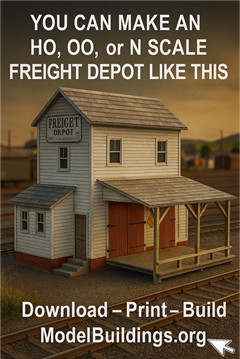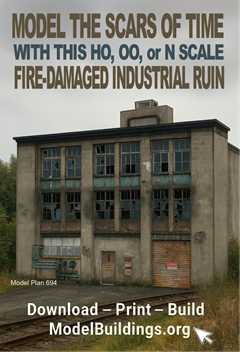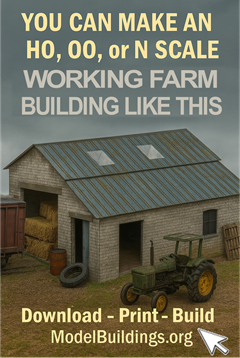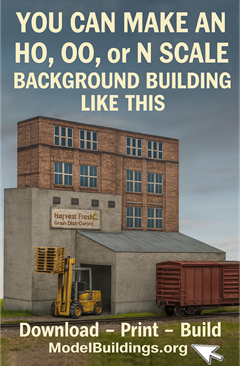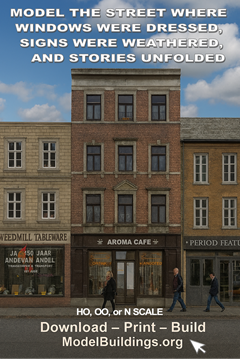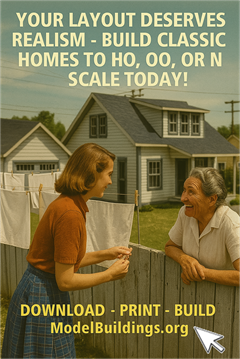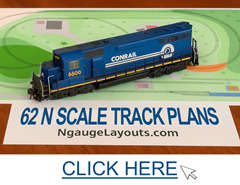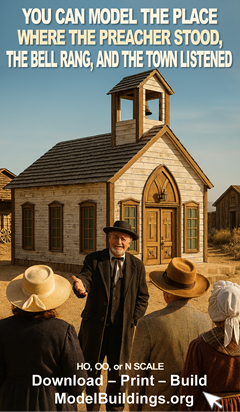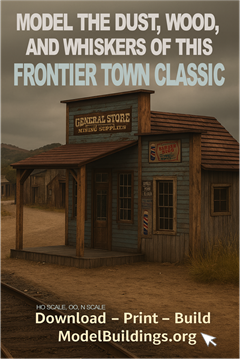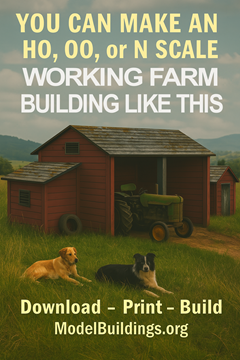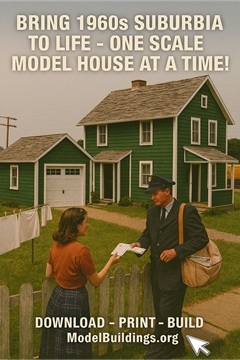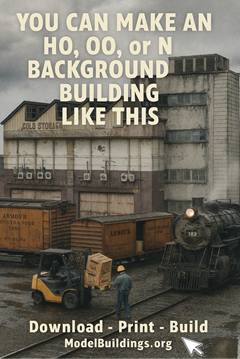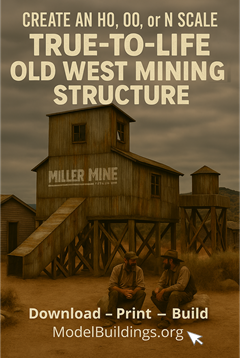Everything on model trains, model railroads, model railways, locomotives, model train layouts, scenery, wiring, DCC and more. Enjoy the world's best hobby... model railroading!
Life-Like P2K SW9
Rich writes:
“I just picked up an HO Life-Like Proto 2000 SW9 DC in Canadian National livery. It seems to run well on my test track except no headlight. I would love to get hold of a parts schematic. I found an image labelled ‘Fig. 1A Exploded Parts Drawing — Body Shell — Page 4’ that looks like it might be for my model but I’m not sure. Can someone suggest another source please?”
If you can advise Rich, then please post your suggestions below under COMMENTS.
Cleaning Commutator
John asks readers:
“What is the best way to clean the commutator and what is the part that bridges the commutator. Thanks.”
Track Codes
James is interested in HO scale and asks readers:
“The last train set I had was in 1996. Back then it was just buy the track and put your set together. Now, there are codes on everything! ARRRG!! Could someone walk me thru what they all mean?”
You can respond to James below.
Joining Kato Tunitrak to PECO N55
Alvin asks:
“I am currently running on Peco N gauge 55 track and would like to gradually convert some modules to Kato Unitrack
Q. Is there a way to join N gauge Peco 55 and Unitrack to work efficiently? Has anyone tried to do that?”
Please post your comments under this post.
Minimum Track Radius
Ronnie asks:
“In HO is there a minimum acceptable track radius based on various car or loco lengths? My main concern right now is 2 axle 4 wheel truck diesels compared to 3 axle 6 wheel truck diesels. Thanks for any help.”
Please post any suggestions directly underneath this post.
Electronic Turn Switches With Toggle Wires
Chuck from Canada models 027 and asks:
“Can I use an American Flyer toggle switch control on a Lionel electronic switch (turn out)? How do I wire four wires: black, yellow, red and green from a toggle switch control to a Lionel electronic switch with 3 terminals. Are there any colored diagrams to show me.”
Please reply below if you can assist Chuck.
Slow Moving Engine
Frank models O scale and posted this question for readers:
“I have a Lionel 2056 engine, when it first starts it barely moves then as it goes it picks up and runs normally. Thoughts?”
You can add your comments or suggestions below.
Walthers GP9m and Blunami PNP8 on a GP15-1. DCC Conversion.
Stephen model HO scale and asks:
“Has anybody converted these to DCC successfully? And if so, how did you do it? I tried installing a WOWKit that was supposed to be the right fit, but soon after install, the decoder fried and I deemed it a loss. The motherboard seems to be fine, but I’m not sure where to go on from here. I had a partially successful install of the Blunami PNP8 on a GP15-1, so I’m thinking of making the switch. Thoughts?
Avoiding Couplers When Painting
Curtis asks:
“Any tips for not getting paint on couplers when weathering?”
You can post your suggestions and comments to assist Curtis below.
Construct Tunnels and Tunnel Portals for Your Model Train Layout. Watch These Quick Tips and Ideas.
If you want some color plans to make your own tunnel portals go here
https://www.modelbuildings.org/walls-tunnels-bridges
Download your Free Catalog here http://www.modelbuildings.org/Free-Catalog.html
Fitting a Decoder to a Tomytec Chassis
Geoff runs OO9 (OO narrow gauge – runs on n gauge track) and asks readers:
“I am trying to fit a decoder to the Tomytec chassis TM-07R. The chassis works fine on my DC test track, and the decoder is fine on my decoder tester. But when I put the two together, everything is fine at first, then after a few minutes it slows to half speed, then it randomly starts and stops, and then it goes to full speed, at which point it doesn’t obey commands to slow down, and I have to use the emergency stop button.
I’ve tried with two different chassis, and two different decoders (same brand), same result. My system is the NCE Powercab with their SB5a booster. All my other DCC locomotives (that were fitted with decoders at the factory) work fine.”
DCC for Brill Trolley
Dale posted this questions for readers:
“I have a Bachmann N scale Brill trolley that I’m thinking of converting to DCC. Can anyone give me a suggestion for which decoder would likely fit in the really small space? Speed, direction, and headlights are the only functions I would need.”
Please post your relies below.
A Solution for Athearn Diesel Short Circuits
Robert M shares this tip:
“I have a couple of DC Athearn HO scale diesels that periodically stop while running around a bend. The ‘?’ shaped contact on the truck under these conditions will make contact with the metal plate of the other polarity on the truck. I found by bending it slightly at the base away from the metal plate solves the problem.”
NEM Pocket Kadee Couplers Problem
Phillip models OO and asks readers:
“I converted my Bachmann locos and rolling stock with Kadee couplers that plug into the NEM pockets. I find that when shunting in reverse, some of the rolling stock will get forced off the track and detail. They do not get caught between the buffers. It is frustrating and I was thinking to converting back to the hook and bar couplers that came with the locos and rolling stock. Any one had this problem. Note. I had to do a lot of adjustments with shims to get the right height but checking with the coupler guide, all okay.”
Please add your comments or answers below if you are able to help Phillip.
Adding Telephone Poles To A Layout
Glenn who models in N scale asks:
“My layout is set before the days of mobile phones or underground electrical wiring to houses, so I thought that adding some telephone phones and wires would help authenticate the scene. But then I started to think about the practicality of stringing wires along roads and how they could become a problem if they get snagged. What should I use to replicate the wires? Also, I wondered how far apart to position the poles? Has anyone else worked through these issues? Any guidance in advance would be appreciated. Thank you guys!”
Please add any suggestions to assist Glenn below.
Which scale of model trains do you operate or prefer?
Here are the results of the lastest poll which sought to confirm the popularity of the various scales of model railroads.
Blog readers voted as follows:
HO (41%)
N (25%)
O (9%)
OO (9%)
G (4%)
S (3%)
TT (3%)
Other (2%)
Z (2%)
HOn3 (1%)Total Voters: 314
Authentic Looking Scale Model Railroad Warehouse – Easy To Make – WATCH THIS QUICK DEMO
You can download the plan to make this Gainsborough Group Industrial Equipment Building for display against a backdrop on a OO, HO scale, or N scale model railroad here
https://www.modelbuildings.org/6-railroad-industrial-background-ho-scale-models


